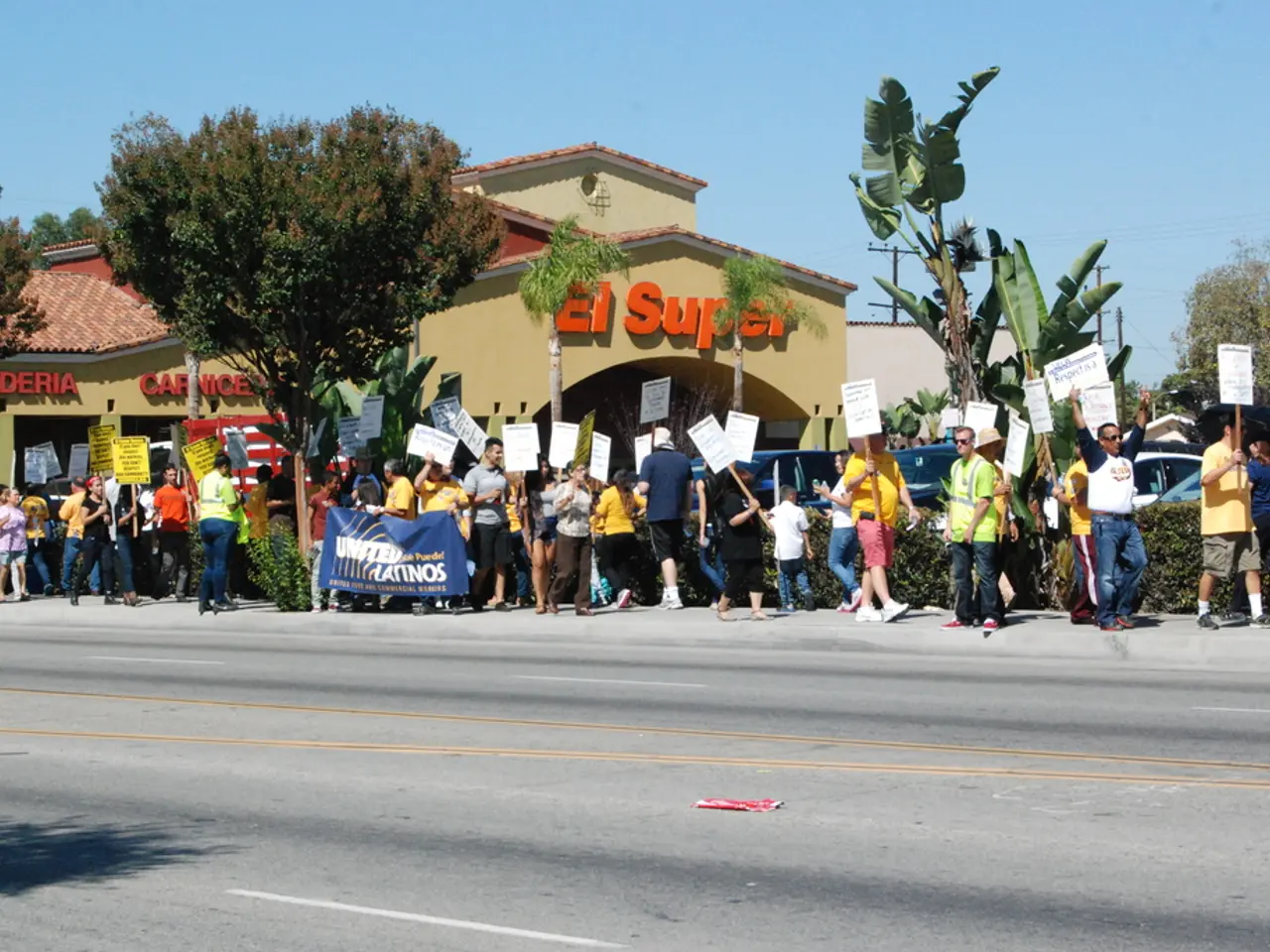Assessing the Advancements and Consequences of Coalitions
In the realm of community development, coalitions play a crucial role in driving change and improving the health of communities. Evaluation is an essential aspect of these collaborative efforts, providing insights into the effectiveness of coalition activities and helping to identify areas for improvement.
The evaluation process for coalitions is typically divided into three stages: formative, process, and impact.
Formative Evaluation
The first stage of coalition evaluation, often referred to as the "Formative" or "Process" evaluation phase, focuses on assessing the coalition's formation and structure. Key questions to ask during this initial stage include:
- What are the coalition’s goals and objectives?
- Who are the members and what roles do they play?
- How are decisions made within the coalition?
- What resources (time, money, skills) are available and being utilized?
- How is communication managed among members?
- Are the coalition’s activities aligned with its intended purpose?
- What challenges or barriers are being encountered in forming and operating the coalition?
These questions help determine the coalition’s functionality, the quality of collaboration, and whether it is positioned to achieve its intended outcomes.
Process Evaluation
The second stage of evaluation asks whether specific program objectives were met by the coalition and whether the programs were carried out as intended. Common methods used for this type of evaluation include surveys, interviews, focus groups, and structured observation. A coalition logic model can help a group discern whether they have achieved success in carrying out planned activities.
Impact Evaluation
The third level of evaluation is a big-picture evaluation of what the coalition has accomplished. This stage focuses on detecting any changes to the health of a community that can be attributed at least in part to the coalition's efforts. Common methods used in this stage include surveys, interviews, and document review.
In addition to these stages, evaluators may also need to gather information from community members who were affected by the coalition's activities to assess the coalition's impact. This can help in understanding broader impacts beyond just wins/losses, including learning and capacity-building within the coalition.
Building evaluation activities into the coalition's program planning process is advisable, as coalition funds are often spent more on intervention than on evaluation. Various resources are available to aid in this process, such as toolkits from the University of Kansas on partnership building and community change, and publications from Iowa State University about community assessment, vision development, action planning, and evaluation.
Local Extension offices, local health departments, and other local nonprofit organizations often provide technical assistance with evaluation. The Asset-Based Community Development Institute offers downloadable resources on community assessment and community mobilization, while Coalitions Work provides resources for various coalition processes and coalition evaluation. The Ohio Center for Action on Coalition Development and the University of Wisconsin-Extension also offer valuable resources in this area.
Elearn.sophe.org/coalition-building-resources provides a variety of coalition assessment tools for the first level of evaluation. Evaluation of coalitions can help identify quick wins and successes that boost member commitment and coalition credibility.
In conclusion, evaluating coalitions is a comprehensive process that involves formative, process, and impact evaluations. By asking the right questions and using appropriate methods, coalitions can gain valuable insights into their effectiveness and continue to drive positive change in their communities.
Formative evaluation, a crucial phase in the evaluation process for coalitions, examines the coalition's goals, structure, resources, communication, and challenges to ensure its functionality and alignment with intended outcomes. This stage is essential for rural development and community development, as it promotes education-and-self-development within the coalition.
Learning and capacity-building are essential aspects of coalition evaluation, particularly in the formative stage, where acute insights can lead to improvements in rural development, community development, and educational self-development. It is important to gather information from community members affected by coalition activities to understand the broader impacts of these collaborative efforts.




